Introducing Hardcore Sports Welfare Foundation: Elevating the standard of sports mastery, we envision a world unified through the power and grace of sports.








CKB Martial Arts Academy H no 164 K/2 Alto Duler, near industrial estate, Dangui Colony, Mapusa, Goa 403507, India








Makoons - Best Playschool & Pre School in Preet Vihar, New Delhi 88, 110092, near Jain Mandir, Block F, Preet Vihar, New Delhi, Delhi, 110092, India







Rohini sector-7 SAI BABA MARKET, D-14/103, Pocket D-12, Pocket 14, Sector 7, Rohini, New Delhi, Delhi, 110085, India








Rajouri Garden New Delhi 84, Rajouri Garden Marg, Block F, Rajouri Garden, Delhi, 110027, India




Yamuna Sports Complex M876+CJH, Surajmal Vihar, New Delhi, Delhi, 110092, India

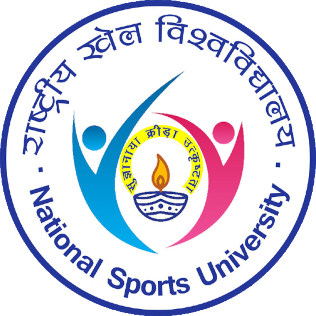






National Sports University, Imphal, Administrative Block RX82+FC, Khuman Lampak, Imphal, Kairang Meitei, Manipur 795010, India








Delhi Sports University Camp Office 4, Sham Nath Marg, Ludlow Castle, Civil Lines, Delhi, 110054, India








Tamil Nadu Physical Education and Sports University R4MR+P2W, Melakottaiyur, Chennai, Tamil Nadu 600127, India




Community Centre J4GV+96H, Block C, Naraina Vihar, Naraina, New Delhi, Delhi 110028, India








b b, B-257, Mehdauri Colony, Rasulabad, Teliarganj, Prayagraj, Uttar Pradesh 211004, India




Special Olympics Bharat J - 47, Lower Ground Floor, Lajpat Nagar - III, New Delhi, Delhi 110024, India

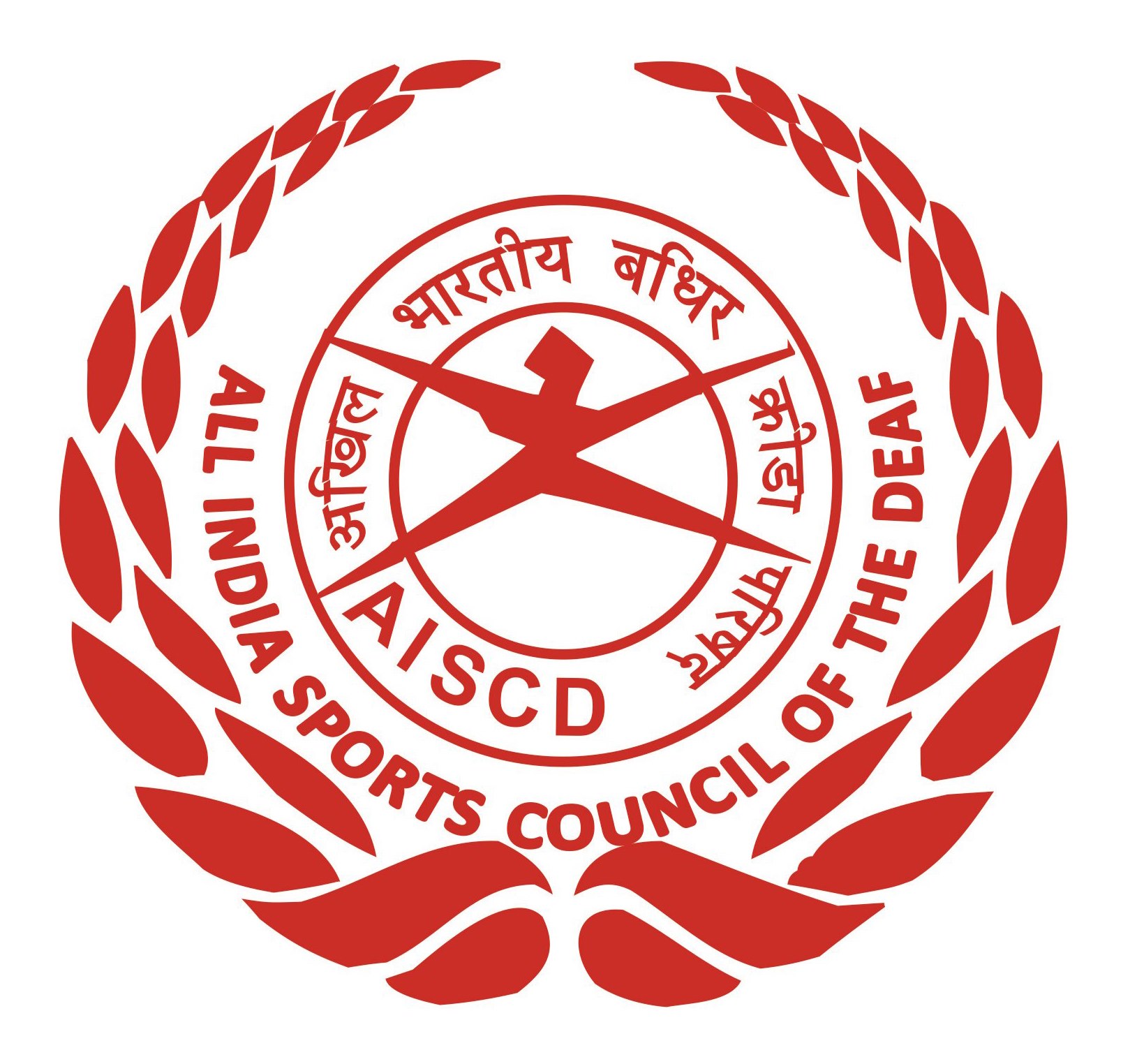






DDA JANTA FLAT SARITA VIHAR G7HW+WC2, NH-19, Pocket A, Sarita Vihar, New Delhi, Delhi 110076, India




Basketball Federation of India 9th Floor, 27, KG Marg, near Anand Restaurant, Atul Grove Road, Janpath, Barakhamba, New Delhi, Delhi 110001, India




Block B4 Block B4, B4/317, B-4 Block, Keshav Puram, Tri Nagar, New Delhi, Delhi, 110035, India








National Sports University, Imphal, Administrative Block RX82+FC, Khuman Lampak, Imphal, Kairang Meitei, Manipur 795010, India








MVPG+9GC MVPG+9GC, Davv Takshila Parisar, Indore, Madhya Pradesh, India







Arvind Gupta DAV Centenary Public School P57Q+CFJ, Model Town Behind Police Quarters, Near Naini Lake, Delhi, New Delhi, Delhi 110009, India




FIBA Foundation Rte de Suisse 5, 1295 Mies, Switzerland








DDA JANTA FLAT SARITA VIHAR G7HW+WC2, NH-19, Pocket A, Sarita Vihar, New Delhi, Delhi 110076, India




FIBA Foundation Rte de Suisse 5, 1295 Mies, Switzerland




The Karnataka State Billiards Association & Billiards and Snooker Federation of India 5/1, Jasma Bhavan Rd, Vasanth Nagar, Bengaluru, Karnataka 560052, India








Kerala Olympic Association MP Appan Rd, DPI, Thycaud, Thiruvananthapuram, Kerala 695034, India








Welcome to Madhya Pradesh Olympic Association Pandit Ravishankar Shukla Stadium, opp. Mahakaushal Hospital Road, Wright Town, Jabalpur, Madhya Pradesh 482002, India

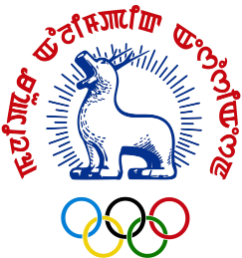






Manipur Olympic Association New Olympic Bhavan, Khuman Lampak Stadium Rd, Khuman Lampak, Imphal, Kairang Meitei, Manipur 795001, India




58MJ+865 58MJ+865, Sector 10, Bhilai, Chhattisgarh 490006, India




Indian Body Builders Federation Jawalkar Mansion., 280/A, Dr Babasaheb Ambedkar Marg, Railway Chawl, Parel, Mumbai, Maharashtra 400012, India




C. Dublín, 39 C. Dublín, 39, 28232 Las Rozas de Madrid, Madrid, Spain





Boxing training ( fitness) Gym (body billding) tawor number 5, Near, dc resdince, Upmuhal, Dharamshala, Himachal Pradesh 176215, India








Kerala Olympic Association MP Appan Rd, DPI, Thycaud, Thiruvananthapuram, Kerala 695034, India





Sector 51 Metro Noida Exit 2A Block A, 14, Sector 51, Noida, Uttar Pradesh 201301, India



8673, Sunny Enclave, Sec 125 QM56+QM7, Sector 124, Jhungiyan, Kharar, Punjab 140301, India







Arvind Gupta DAV Centenary Public School P57Q+CFJ, Model Town Behind Police Quarters, Near Naini Lake, Delhi, New Delhi, Delhi 110009, India








Radha Ballabh Inter College Panchkuiyan Rd, Near, Railway Bridge, Shahganj, Agra, Uttar Pradesh 282010, India




ALL INDIA CARROM FEDERATION C-457, -11, Pocket 11, Jasola Vihar, New Delhi, Delhi 110025, India








Meghalaya State Olympic Association Lower, UTSS Indoor Stadium, Lachumiere, Shillong, Meghalaya 793001, India




CKB Martial Arts Academy H no 164 K/2 Alto Duler, near industrial estate, Dangui Colony, Mapusa, Goa 403507, India




Kombat Hall Basement, Plot no. 1324, Sector 46, Gurugram, Haryana 122018, India







Arvind Gupta DAV Centenary Public School P57Q+CFJ, Model Town Behind Police Quarters, Near Naini Lake, Delhi, New Delhi, Delhi 110009, India




Sports Emporium Buxipur Rd, Shahpur, Gorakhpur, Uttar Pradesh 273001, India








Mahatma Gandhi Road Mahatma Gandhi Road, Mumbai, Maharashtra, India

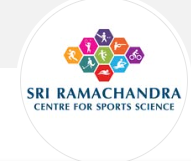






Sri Ramachandra Institute of Higher Education and Research Sri Ramachandra Auditorium, Sri Ramachandra Nagar, Porur, Chennai, Tamil Nadu 600116, India








Indian Institute Of Management–Rohtak (IIM–Rohtak) Management, City Southern Bypass, Sunarian, Haryana 124010, India








Lakshmibai NCPE HVFQ+3RF, Karyavattom, Thiruvananthapuram, Kerala 695581, India




World Cycling Centre Allée Ferdi Kübler 12, 1860 Aigle, Switzerland




Cycling Federation of India floor, B, 4th, 23, Sector 12 Rd, B, Dwarka, New Delhi, Delhi 110078, India

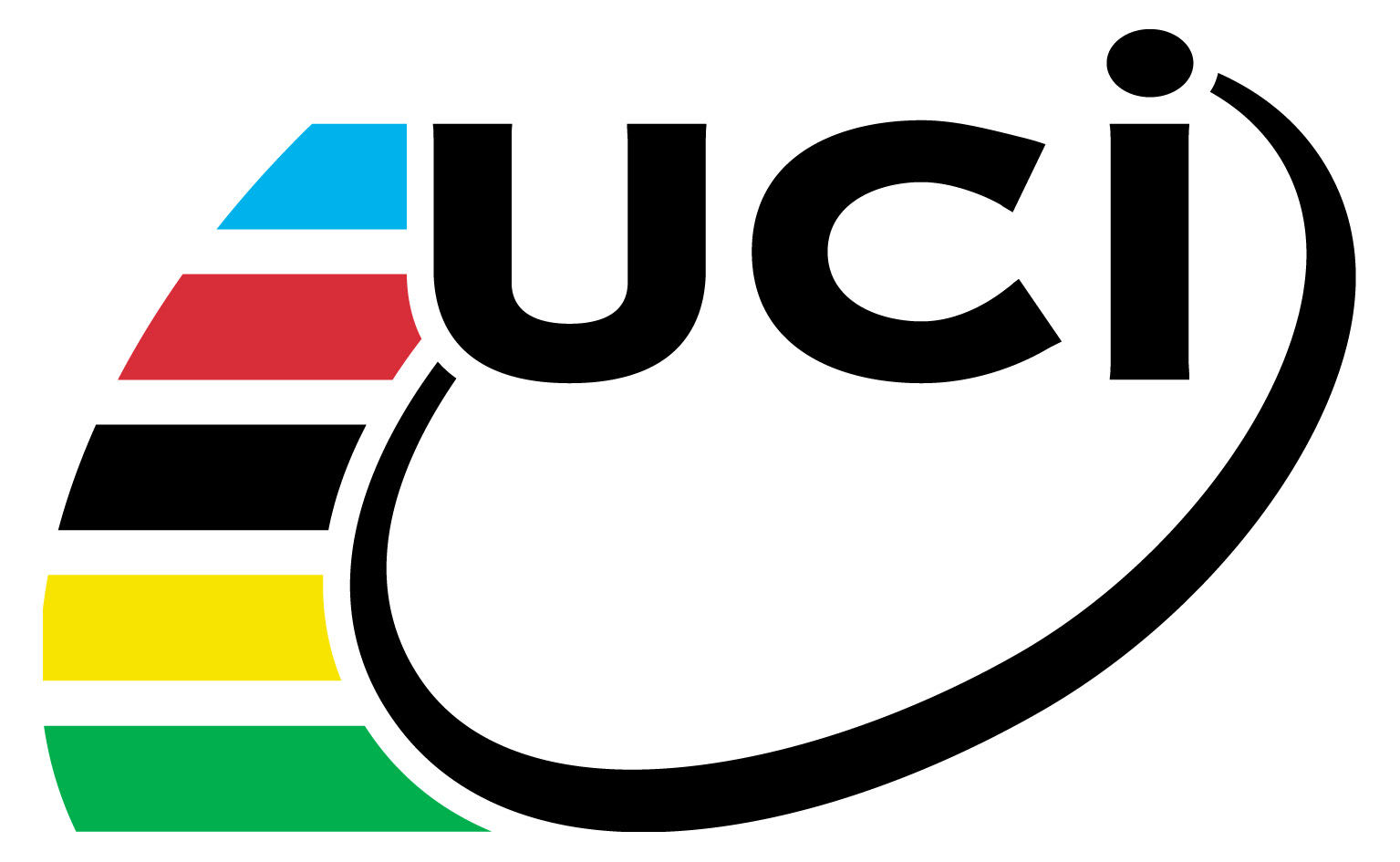


World Cycling Centre Allée Ferdi Kübler 12, 1860 Aigle, Switzerland








Delhi Sports University Camp Office 4, Sham Nath Marg, Ludlow Castle, Civil Lines, Delhi, 110054, India




ALL INDIA CHESS FEDERATION First Floor, Naurang House, A Block, 101, KG Marg, New Delhi, 110001, India








DDA JANTA FLAT SARITA VIHAR G7HW+WC2, NH-19, Pocket A, Sarita Vihar, New Delhi, Delhi 110076, India








University of Calcutta 87/1, College St, Calcutta University, College Square, Kolkata, West Bengal 700073, India








Jamia Millia Islamia Ghaffar Manzil Colony, Jamia Nagar, Okhla, New Delhi, Delhi 110025, India








Birla College Rd Birla College Rd, Gauripada, Kalyan, Maharashtra 421301, India








B. Baruah Sports Complex 5QH4+VP7, RG Baruah Rd, Gandhi Basti, Ulubari, Bhubaneswar, Guwahati, Assam 781007, India








Balbir Singh Juneja Indoor Stadium 6JPJ+42V, Budhapara, Raipur, Chhattisgarh 492001, India








Delhi Olympic Association WZ-274A, Todapur Periphery Rd, Dasghara, New Delhi, Delhi 110012, India







Arvind Gupta DAV Centenary Public School P57Q+CFJ, Model Town Behind Police Quarters, Near Naini Lake, Delhi, New Delhi, Delhi 110009, India








b b, B-257, Mehdauri Colony, Rasulabad, Teliarganj, Prayagraj, Uttar Pradesh 211004, India




Melange 33, Altamount Rd, Kemps Corner, Tardeo, Mumbai, Maharashtra 400026, India




FIFA FIFA-Strasse 20, 8044 Zürich, Switzerland




Healing Touch Hospital 7/5, Block 7, Sarvapriya Vihar, New Delhi, Delhi 110016, India








Tamil Nadu Physical Education and Sports University R4MR+P2W, Melakottaiyur, Chennai, Tamil Nadu 600127, India




2nd Floor 2nd Floor, 14, Anand Lok, Sadiq Nagar, Delhi, New Delhi, Delhi 110049, India




Av. de Rhodanie 54 Av. de Rhodanie 54, 1007 Lausanne, Switzerland








ANDHRA PRADESH OLYMPIC ASSOCIATION Olympic Bhavan, Lal Bahadur Stadium, Fateh Maidan, Basheer Bagh, Hyderabad, Telangana 500001, India








Jharkhand Olympic Association QR NO LIG/R/204, HARMOO HOUSING COLONY HARMOO, Ranchi, Jharkhand 834002, India




C-4/35 SDA G5XX+38P, Block C 4, Safdarjung Development Area, Hauz Khas, New Delhi, Delhi 110016, India




Av. de la Gare 12A Av. de la Gare 12A, 1003 Lausanne, Switzerland







Sky bird taekwondo academy kala gate, near salarpur, Bhangel, Salarpur Khadar, Sector - 106, Noida, Uttar Pradesh 201304, India

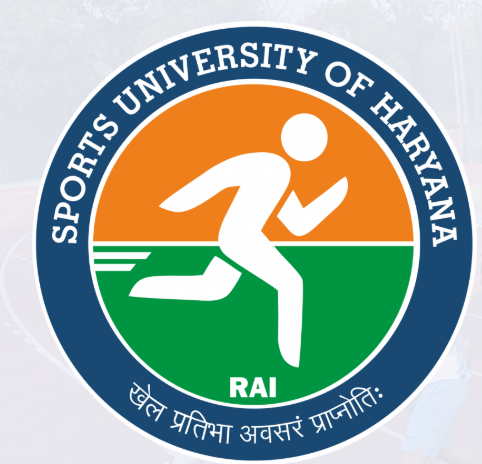






20thmile W3FV+WXF, Vikas Nagar, Baghpat, Sector 38, Rai, Sonipat, Haryana 131029, India




NANAK NAGAR,NEAR GURUDWARA,INDORE,MP 42/2, Nanak Nagar, Indore, Madhya Pradesh 452014, India




International Handball Federation - IHF Peter Merian-Strasse 23, 4052 Basel, Switzerland








Alagappa University. College Rd, Alagappa Puram, Karaikudi, Tamil Nadu 630003, India








University of Calcutta 87/1, College St, Calcutta University, College Square, Kolkata, West Bengal 700073, India




Mohan Estate Block B, Mohan Cooperative Industrial Estate, Badarpur, New Delhi, Delhi 110076, India




Rue du Valentin 61 Rue du Valentin 61, 1004 Lausanne, Switzerland








Kursi Rd Kursi Rd, Uttar Pradesh, India








20thmile W3FV+WXF, Vikas Nagar, Baghpat, Sector 38, Rai, Sonipat, Haryana 131029, India




Cariappa Marg Cariappa Marg, New Delhi, Delhi 110010, India








University of Calcutta 87/1, College St, Calcutta University, College Square, Kolkata, West Bengal 700073, India





S M Kaluti Composite Sports English ( CBSE) ( Kannada Medium) Medium High School, Chandargi-591114 24WP+8H6, Unnamed Road, Gudagoppa, Karnataka 591114, India








Lakshmibai NCPE HVFQ+3RF, Karyavattom, Thiruvananthapuram, Kerala 695581, India




Housing Bord Solan 5, Housing Board Phase 1 Road, Phase 2, Solan, Himachal Pradesh 173211, India







Arvind Gupta DAV Centenary Public School P57Q+CFJ, Model Town Behind Police Quarters, Near Naini Lake, Delhi, New Delhi, Delhi 110009, India








Radha Ballabh Inter College Panchkuiyan Rd, Near, Railway Bridge, Shahganj, Agra, Uttar Pradesh 282010, India








DDA JANTA FLAT SARITA VIHAR G7HW+WC2, NH-19, Pocket A, Sarita Vihar, New Delhi, Delhi 110076, India





W3FV+QMH W3FV+QMH, Chambaghat, Himachal Pradesh 173213, India








Radha Ballabh Inter College Panchkuiyan Rd, Near, Railway Bridge, Shahganj, Agra, Uttar Pradesh 282010, India






Noida Pet Clinic Superspeciality C-105, Sarfabad Village, Block C, Sector 72, Noida, Uttar Pradesh 201307, India







Motor Market Sector 43 Booth No 4, Sector 43, Himalaya Marg, behind Bus Stand, Income Tax Colony, 43B, Sector 18, Chandigarh, 160047, India





Sector 51 Metro Noida Exit 2A Block A, 14, Sector 51, Noida, Uttar Pradesh 201301, India




Housing Bord Solan 5, Housing Board Phase 1 Road, Phase 2, Solan, Himachal Pradesh 173211, India





Gautam Colony Gautam Colony, Narela, Delhi, 110040, India





W3FV+QMH W3FV+QMH, Chambaghat, Himachal Pradesh 173213, India








b b, B-257, Mehdauri Colony, Rasulabad, Teliarganj, Prayagraj, Uttar Pradesh 211004, India








Radha Ballabh Inter College Panchkuiyan Rd, Near, Railway Bridge, Shahganj, Agra, Uttar Pradesh 282010, India




E - 448 Greater Kailash 2 E 448, part 2, Block E, Greater Kailash II, Greater Kailash, New Delhi, Delhi 110048, India








Delhi Olympic Association WZ-274A, Todapur Periphery Rd, Dasghara, New Delhi, Delhi 110012, India

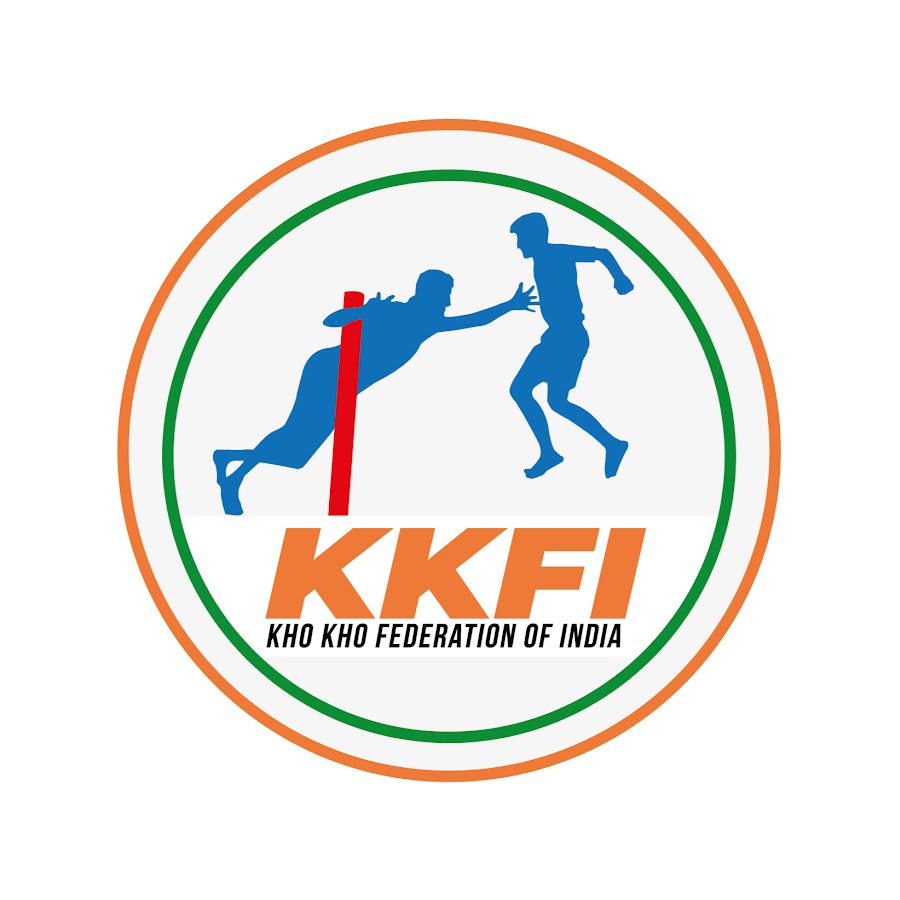


Dhawandeep Building Dhawan Deep Building, 6, Jantar Mantar Road, Janpath, Connaught Place, New Delhi, Delhi 110001, India





S M Kaluti Composite Sports English ( CBSE) ( Kannada Medium) Medium High School, Chandargi-591114 24WP+8H6, Unnamed Road, Gudagoppa, Karnataka 591114, India








Haryana Olympic Association Olympic Bhawan, Sector 3, Panchkula, Haryana 134115, India








Jharkhand Olympic Association QR NO LIG/R/204, HARMOO HOUSING COLONY HARMOO, Ranchi, Jharkhand 834002, India





S M Kaluti Composite Sports English ( CBSE) ( Kannada Medium) Medium High School, Chandargi-591114 24WP+8H6, Unnamed Road, Gudagoppa, Karnataka 591114, India








Kerala Olympic Association MP Appan Rd, DPI, Thycaud, Thiruvananthapuram, Kerala 695034, India




Post Office Sunder Vihar Gh-10, Sunder Vihar, Paschim Vihar, West Delhi, Delhi, 110087, India




HOST Social Floor 7, HOST, MediaCity UK, Salford M50 2ST, United Kingdom




World Netball Suite 6.02 Tomorrow, MediaCity UK, Salford M50 2AB, United Kingdom







Arvind Gupta DAV Centenary Public School P57Q+CFJ, Model Town Behind Police Quarters, Near Naini Lake, Delhi, New Delhi, Delhi 110009, India




Gujarat State Roller Skating Association B 801 Kaushambi Apartments, Near, Mahalaxmi Char Rasta, Paldi, Ahmedabad, Gujarat 380007, India




Av. de Rhodanie 54 Av. de Rhodanie 54, 1007 Lausanne, Switzerland




Skates World A-695, Block-A, Block A, Block WZ, Shastri Nagar, Delhi, 110052, India




Corso Vinzaglio, 12 Corso Vinzaglio, 12, 10121 Torino TO, Italy





Indian Institute of Skiing & Mountaineering 394M+Q7P, Near, Golf Club Rd, near iism, Gulmarg, Forest Block, Jammu and Kashmir 193403




Atal Bihari Vajpayee Institute of Mountaineering and Allied Sports MDR 29, opposite to Hotel Honeymoon, Aleo, Manali, Himachal Pradesh 175131, India




Himalayan Mountaineering Institute Jawahar Parbat, Darjeeling, Pattabong Tea Garden, West Bengal 734101, India




Canvas Old no:218. New no:404, KH Complex, TT Krishnamachari Rd, Seetammal Colony, Seethammal Colony, Lubdhi Colony, Alwarpet, Chennai, Tamil Nadu 600018, India




Maison du Sport International SA Av. de Rhodanie 54, 1007 Lausanne, Switzerland








Navalar Nagar Navalar Nagar, Chepauk, Triplicane, Chennai, Tamil Nadu, India





Caranzalem Caranzalem, Taleigao, Goa, India




8 Pembroke Street Lower 8 Pembroke Street Lower, Dublin 2, D02 AE93, Ireland








Welcome to Madhya Pradesh Olympic Association Pandit Ravishankar Shukla Stadium, opp. Mahakaushal Hospital Road, Wright Town, Jabalpur, Madhya Pradesh 482002, India








Maharashtra Olympic Association Annasaheb Magar Stadium, Nehru Nagar, Pimpri Colony, Pune, Pimpri-Chinchwad, Maharashtra 411018, India




Neeranjanam, Lekshmi nagar 80 Lekshmi nagar 80, Thekkevila, Desiya Nagar, Eravipuram, Kollam, Kerala 691016, India








DDA JANTA FLAT SARITA VIHAR G7HW+WC2, NH-19, Pocket A, Sarita Vihar, New Delhi, Delhi 110076, India








20thmile W3FV+WXF, Vikas Nagar, Baghpat, Sector 38, Rai, Sonipat, Haryana 131029, India








R4MR+P2W R4MR+P2W, Mambakkam, Tamil Nadu 600127, India








Fleet Management India Private Limited 4th Floor, Elegant Business Park, 401/A, Andheri - Kurla Rd, near Kohinoor Continental Hotel, Bhim Nagar, Andheri East, Mumbai, Maharashtra 400059, India








Parade Ground Jammu PVP8+G5R, Old Heritage City, Jammu, Jammu and Kashmir 180001




National Rifle Association of India 51-B, Tughlakabad Institutional Area, Vayusenabad, New Delhi, Delhi 110062, India




Widenmayerstraße 16 Widenmayerstraße 16, 80538 München, Germany








Delhi Sports University Camp Office 4, Sham Nath Marg, Ludlow Castle, Civil Lines, Delhi, 110054, India








Lakshmibai National Institute Of Physical Education 65CV+575, Racecourse Rd, LNUPE Campus, Shakti Nagar, Gwalior, Madhya Pradesh 474002, India




Marc Hodler Stiftung Blochstrasse 2, 3653 Oberhofen am Thunersee, Switzerland





Indian Institute of Skiing & Mountaineering 394M+Q7P, Near, Golf Club Rd, near iism, Gulmarg, Forest Block, Jammu and Kashmir 193403








Birla College Rd Birla College Rd, Gauripada, Kalyan, Maharashtra 421301, India








B. Baruah Sports Complex 5QH4+VP7, RG Baruah Rd, Gandhi Basti, Ulubari, Bhubaneswar, Guwahati, Assam 781007, India




Nangloi Kirari Extension 2, JJ Colony No 1, Nangloi, New Delhi, Delhi, 110041, India





S M Kaluti Composite Sports English ( CBSE) ( Kannada Medium) Medium High School, Chandargi-591114 24WP+8H6, Unnamed Road, Gudagoppa, Karnataka 591114, India




Vadakkencherry Vadakkencherry, Kerala, India




Khivraj Complex, Idbi Bank 26JQ+C92, Anna Salai, Fanepet, Nandanam, Chennai, Tamil Nadu 600035, India




25 25, 25 Russell St, Hastings TN34 1QU, UK








National Sports University, Imphal, Manipur Kang Sang, Khuman Lampak, Imphal, Kairang Meitei, Manipur 795010, India








MVPG+9GC MVPG+9GC, Davv Takshila Parisar, Indore, Madhya Pradesh, India




Paraskunj Soc Part 1 Part 1, BRTS Bus Stop, Paraskunj Society, Satellite Rd, nr. Zansi Ki Rani, part 1, Ahmedabad, Gujarat 380015, India








DDA JANTA FLAT SARITA VIHAR G7HW+WC2, NH-19, Pocket A, Sarita Vihar, New Delhi, Delhi 110076, India








20thmile W3FV+WXF, Vikas Nagar, Baghpat, Sector 38, Rai, Sonipat, Haryana 131029, India








Delhi Sports University Camp Office 4, Sham Nath Marg, Ludlow Castle, Civil Lines, Delhi, 110054, India




RZF-34A GALI NO.03 MAHAVIR ENCLAVE RZF-34A, STREET NO.03, Mahavir Enclave, India




56/12 56/12, Shankar Road, Old Rajinder Nagar, Rajinder Nagar, New Delhi, Delhi, 110060, India




Maison du Sport International SA Av. de Rhodanie 54, 1007 Lausanne, Switzerland








Delhi Sports University Camp Office 4, Sham Nath Marg, Ludlow Castle, Civil Lines, Delhi, 110054, India





Sector 51 Metro Noida Exit 2A Block A, 14, Sector 51, Noida, Uttar Pradesh 201301, India







Arvind Gupta DAV Centenary Public School P57Q+CFJ, Model Town Behind Police Quarters, Near Naini Lake, Delhi, New Delhi, Delhi 110009, India








Radha Ballabh Inter College Panchkuiyan Rd, Near, Railway Bridge, Shahganj, Agra, Uttar Pradesh 282010, India




Av. de Rhodanie 54 Av. de Rhodanie 54, 1007 Lausanne, Switzerland




Samrudh Apartment 380043, Chunibhai Coloney, Kankaria, Ahmedabad, Gujarat 380002, India




R.K. Khanna Tennis Stadium 1, Africa Ave, Deer Park, Hauz Khas, New Delhi, Delhi 110029, India



The Millennium School Phase 5, Ajitgarh, Plot No. 1, Mohali Bypass, Sector 59, Sahibzada Ajit Singh Nagar, Punjab 160059, India




Mod International, Delhi Chambers, Delhi gate 3446-48, Netaji Subhash Marg, Kucha Chalan, Delhi Gate, Daryaganj, New Delhi, Delhi, 110002, India




Mod International, Delhi Chambers, Delhi gate 3446-48, Netaji Subhash Marg, Kucha Chalan, Delhi Gate, Daryaganj, New Delhi, Delhi, 110002, India








Shereen Villa H2HG+G6W, Khagaul, Sarari, Patna, Bihar 801105, India








Balbir Singh Juneja Indoor Stadium 6JPJ+42V, Budhapara, Raipur, Chhattisgarh 492001, India

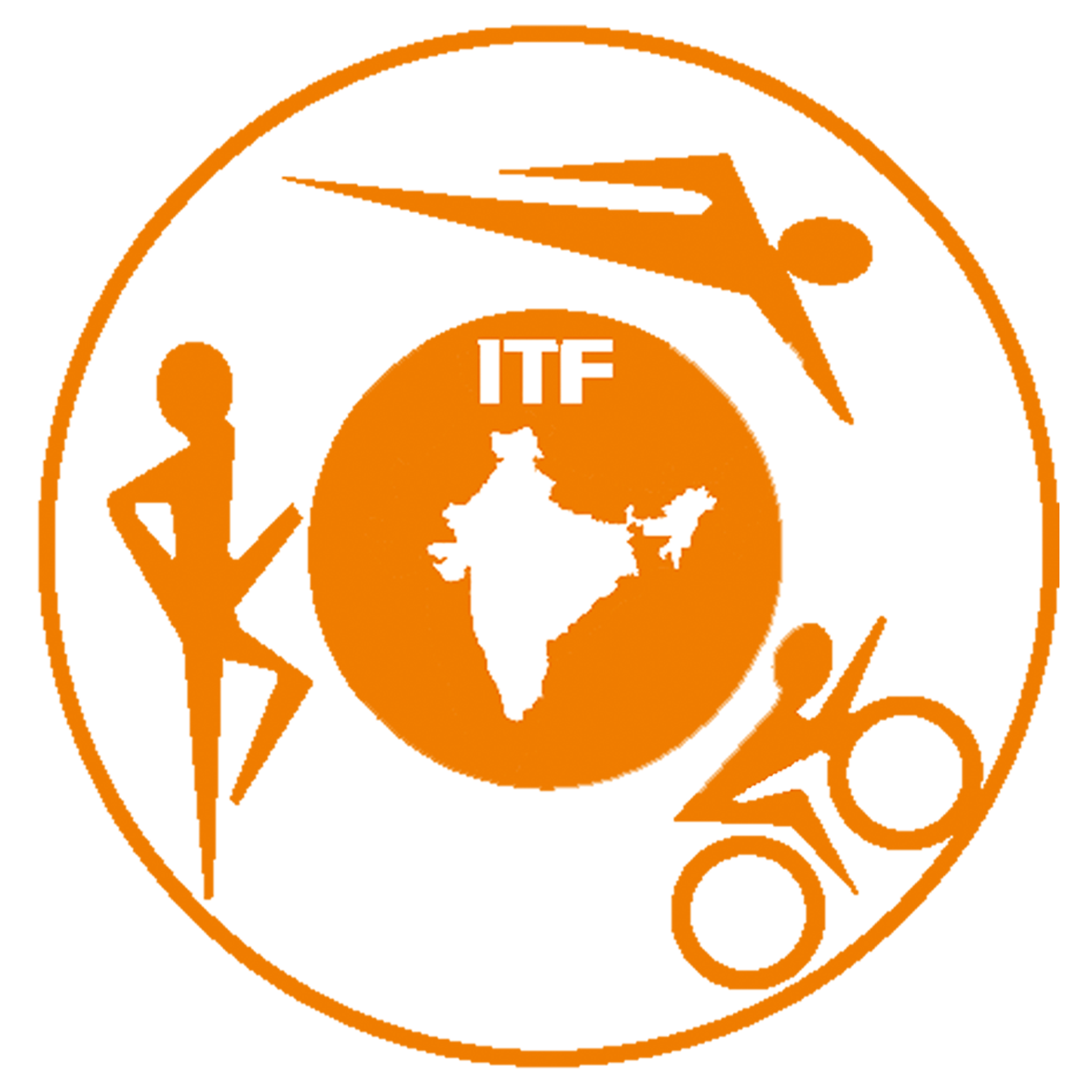


Khivraj complex 480, Anna Salai, Anna Nagar, Nandanam, Chennai, Tamil Nadu 600035, India




Khivraj complex 480, Anna Salai, Anna Nagar, Nandanam, Chennai, Tamil Nadu 600035, India

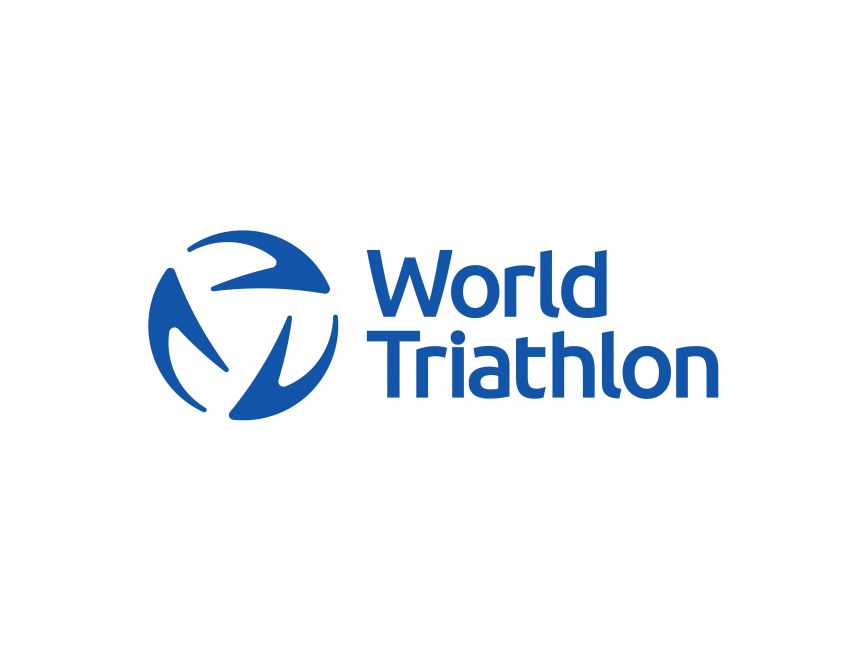


Maison du Sport International SA Av. de Rhodanie 54, 1007 Lausanne, Switzerland








Indira Gandhi Institute of Physical Education & Sports Sciences Near, Shaheed Rajguru Marg, A-Block, Vikaspuri, New Delhi, Delhi, 110018, India








b b, B-257, Mehdauri Colony, Rasulabad, Teliarganj, Prayagraj, Uttar Pradesh 211004, India




Jawaharlal Nehru Stadium GROUND B 37QF+X3F, Periamet, Kannappar Thidal, Chennai, Tamil Nadu 600003, India








DDA JANTA FLAT SARITA VIHAR G7HW+WC2, NH-19, Pocket A, Sarita Vihar, New Delhi, Delhi 110076, India

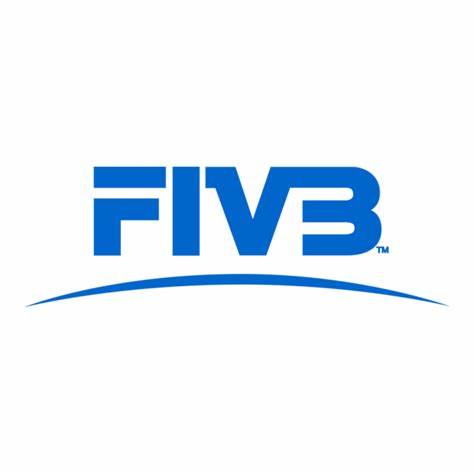


FIVB - Fédération Internationale de Volleyball Chem. Edouard-Sandoz 2-4, 1006 Lausanne, Switzerland








Tamil Nadu Physical Education and Sports University R4MR+P2W, Melakottaiyur, Chennai, Tamil Nadu 600127, India








University of Calcutta 87/1, College St, Calcutta University, College Square, Kolkata, West Bengal 700073, India








Navalar Nagar Navalar Nagar, Chepauk, Triplicane, Chennai, Tamil Nadu, India








Takyel Rd Takyel Rd, Imphal, Manipur 795004, India








Radha Ballabh Inter College Panchkuiyan Rd, Near, Railway Bridge, Shahganj, Agra, Uttar Pradesh 282010, India




Maison du Sport International SA Av. de Rhodanie 54, 1007 Lausanne, Switzerland

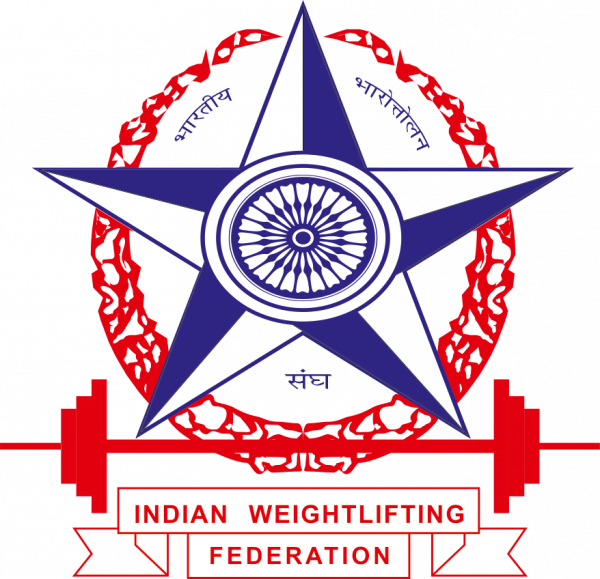


Indian Weightlifting Federation C-2/18 SECTOR 31 GAUTAM BUDH VIHAR, Uttar Pradesh 201301, India




Maison du Sport International SA Av. de Rhodanie 54, 1007 Lausanne, Switzerland








Radha Ballabh Inter College Panchkuiyan Rd, Near, Railway Bridge, Shahganj, Agra, Uttar Pradesh 282010, India








DDA JANTA FLAT SARITA VIHAR G7HW+WC2, NH-19, Pocket A, Sarita Vihar, New Delhi, Delhi 110076, India




81, Gali No. 1 81, Gali No. 1, West Vinod Nagar, Block B, Block E, Mandawali, Delhi, 110092, India




Rue du Château 6/6 1804 Rue du Château 6/6 1804, 1804 Corsier-sur-Vevey, Switzerland








h h, 176, Sector 12, Mata Colony, Pratap Vihar, Ghaziabad, Uttar Pradesh 201009, India






S.G.N INTERNATIONAL SCHOOL VV7V+85X, 33′ Road, Saheed Ajit Singh Colony, Giaspura, Sec-7, Gagan Nagar, Shimlapuri, Ludhiana, Punjab 141003, India





h h, 176, Sector 12, Mata Colony, Pratap Vihar, Ghaziabad, Uttar Pradesh 201009, India



Tower 19 Tata Eureka Park CF9M+JCG, Sector 150, Noida, Uttar Pradesh 201310, India






GGS Boxing club Gurdaspur Unnamed Road, Bakhatpur, Punjab 143519, India





Gautam Colony Gautam Colony, Narela, Delhi, 110040, India








Radha Ballabh Inter College Panchkuiyan Rd, Near, Railway Bridge, Shahganj, Agra, Uttar Pradesh 282010, India




Wushu Federation Of India 524, Chaupatiya, R K Kacker Park, Lucknow, Uttar Pradesh 226003, India




Jk farm house 7, Safiabad Rd, Gautam Colony, Narela, Delhi, 110040, India



R J S sports complex P2W4+77V, Mirpur Bhual, Dighwara, Farhada, Bihar 841207, India




Mehta Chowk Mehta Chowk, 1046/8, Ward No 8, Ladha Sarai Village, Mehrauli, New Delhi, Delhi 110030, India








b b, B-257, Mehdauri Colony, Rasulabad, Teliarganj, Prayagraj, Uttar Pradesh 211004, India








Radha Ballabh Inter College Panchkuiyan Rd, Near, Railway Bridge, Shahganj, Agra, Uttar Pradesh 282010, India
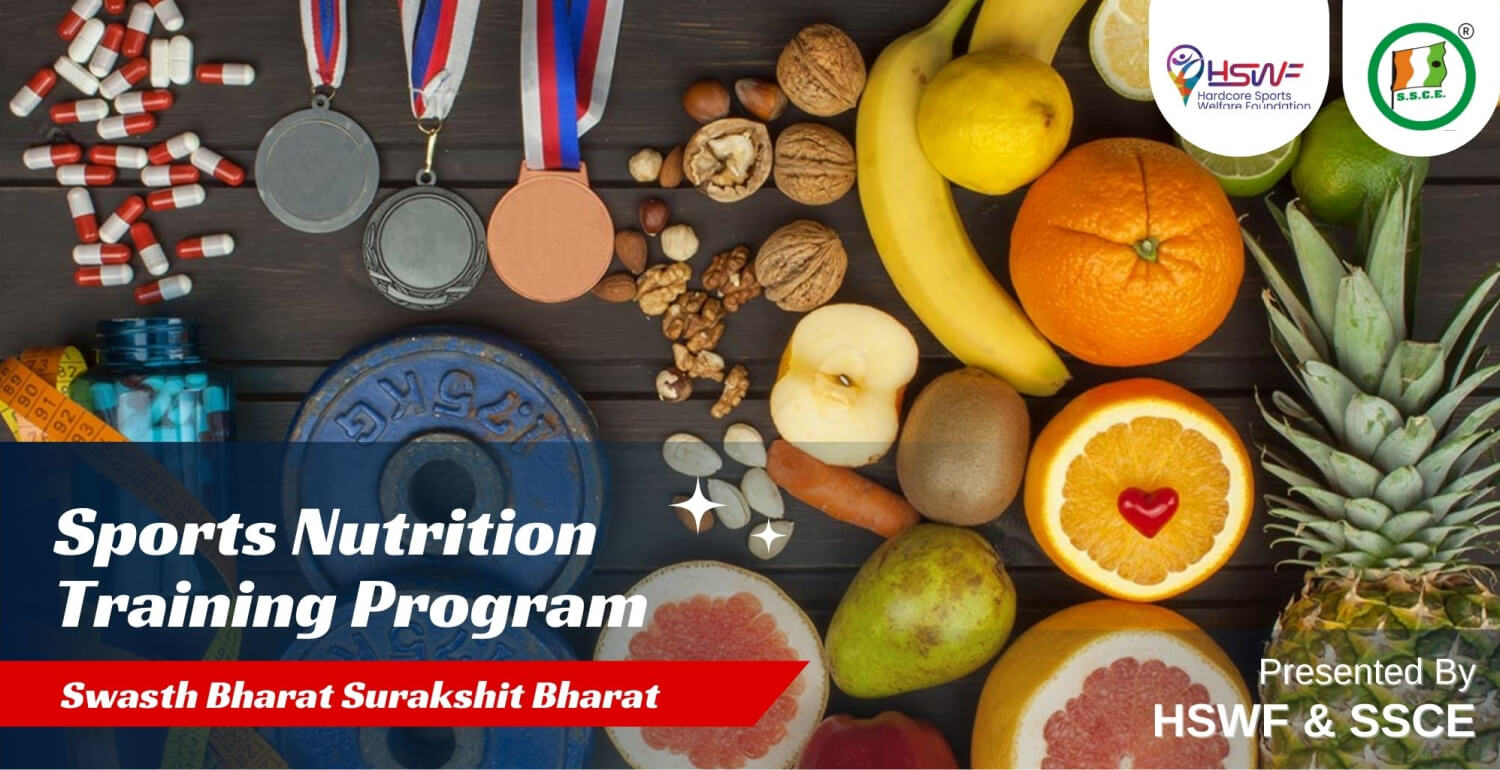




































Fill Out the Form: Share your details, skills, and areas of interest.
Submit Your Application: Provide a brief introduction and let us know how you’d like to contribute.
Get Approved: Once reviewed and approved, you’ll receive confirmation and be connected to relevant programs.
Introducing Hardcore Sports Welfare Foundation: Elevating the standard of sports mastery, we envision a world unified through the power and grace of sports. As a beacon of health, peace, and empowerment, HSWF is dedicated to nurturing talent and fostering global excellence.
HSWF thrives through strategic alliances with prominent organizations such as WFMC, WSMAC, JTFI, and MAA, amplifying our impact and shaping a brighter future for sports

At the Hardcore Sports Welfare Foundation (HSWF), we are driven by the belief that sports can transform lives, unite communities, and inspire dreams. Yet, at the grassroots level, countless barriers prevent talented individuals from reaching their potential. Our mission is to break these barriers, nurture talent, and create a thriving sports ecosystem that is accessible to all.
Together, we can overcome these challenges and empower athletes to reach their full potential:




Dive into studies, strategies, and resources empowering athletes and coaches to shape the future of sports.
Data Not Found!
Inspirational success stories from diverse individuals, unlocking potential across all walks of life.
HSWF thrives through strategic alliances with prominent organizations such as Alpheric, Aimshala, Big Bingo, Ekrocx amplifying our impact and shaping a brighter future for sports